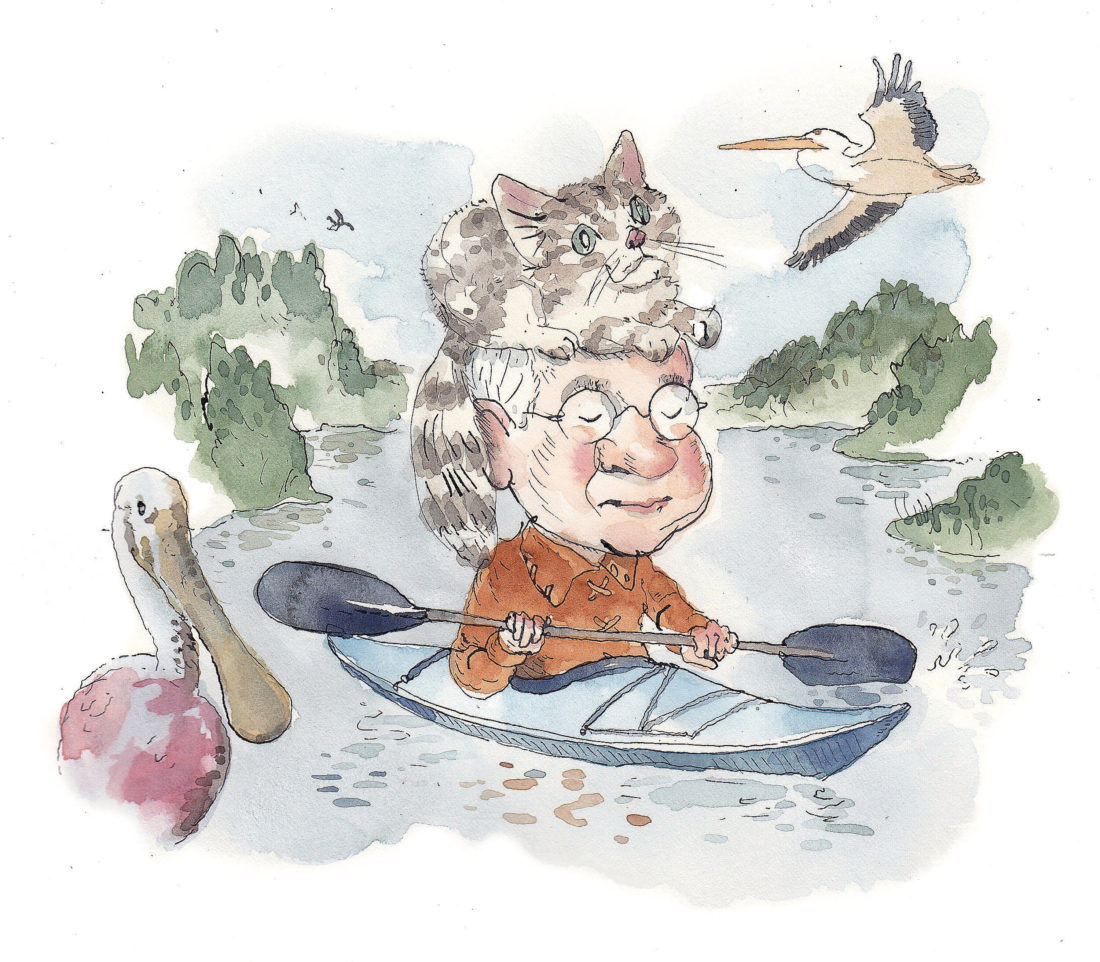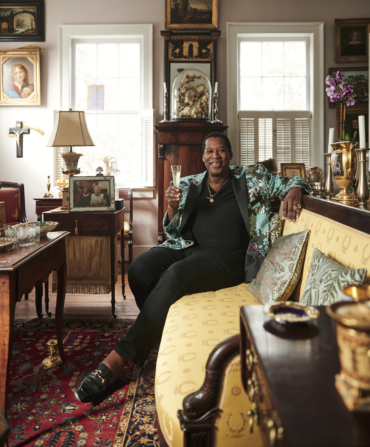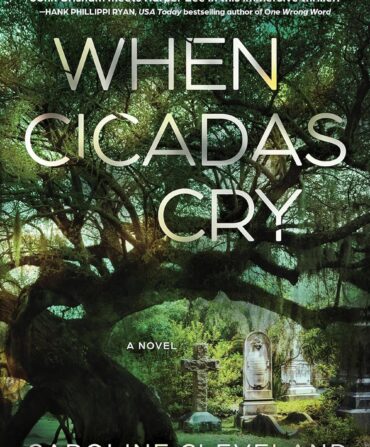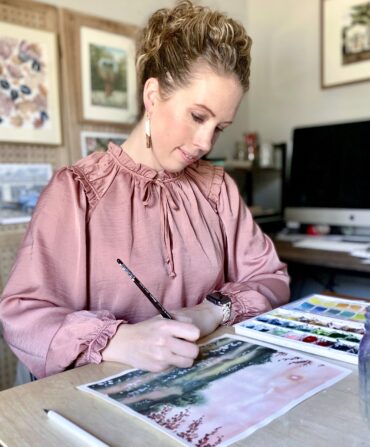Sometime around the mid-sixties, people who’d thrived for generations by catching, selling, and eating wildlife along the Louisiana coast started noticing that water formerly wrist deep was up to their elbows. And getting closer to the house. A sea change, so to speak, was under way. The only thing I can say for it is, it led us to our cat, Jimmy.
Our friends Marie and Bob took us on a kayak trip on a bayou west of New Orleans. As we pushed off, a scrawny gray kitten jumped into one of the kayaks. We were out to save the coast, not cats, so we put him out. On our return three hours later, he jumped in again. An alligator could get him. He jumped in the car, cuddled in Joan’s lap, and was good to go.
He’s wilder than he let on by the bayou. He looks a little like an owl, or an alligator even, in his eyes. And the vet said he’d be thinking about only one thing—you know, girls. So we had him neutered. And every now and then he would take a slash at somebody’s face. So we had his front claws removed. Back where we live, he couldn’t go outdoors anyway, because he’d be prey to foxes, and he’d bring Lyme disease ticks into the house. Still, having an exclusively indoor pet seems unnatural. So does what’s happening to Louisiana’s coast.
Marie—Sarra Marie Gould of New Orleans—is organizing Louisiana Lost Lands Environmental Tours, which will send people out on the water, led by fishing guides, to see “both the beauty and the destruction,” as her prospectus puts it, of Louisiana’s wetlands. Her husband, Bob Marshall, has won two Pulitzers reporting on the interaction of fish, fowl, and people for the New Orleans Times-Picayune. He took us out on his outboard catamaran recently to the yawning expanse where the Mississippi carries dredged-up loads of Louisiana out into the Gulf of Mexico. Along the way he pointed out a field of irises and tiger lilies, a covey of roseate spoonbills, a hulking corroded pair of left-behind diesel ll pumps.
Another tour Marie has in mind is to Barataria Bay, where Jean Lafitte’s pirates lived on heavily forested islands full of wildlife. No refuge there even for honest swamp folk now. Most of the islands are gone. And two years ago, when BP spilled 200 million gallons of oil into the Gulf, the nastiest photos of gunked-up pelicans were taken there. Today, what’s left of the land provides perching and breeding space for thousands of clean pelicans. They seem to be rebounding. But dolphins are sick. Dolphins used to jostle each other aside to surf along the bow of Bob’s catamaran. They would slip up underneath, between the two hulls, and give the boat a little lift. Now they are seriously ill from oil.
But the main threat to the coast is loss of mud. A natural bayou will work out winding ways to distribute mudflow so as to keep itself grounded, but when people come in for oil or sulfur or timber, they cut straight canals and hump the mud up alongside. People dredge the river to keep shipping channels wide and unimpeded, so mud has no time to get itself settled where things can grow in it and hold it there. Mud gets pushed downstream into the Gulf. A half century or so ago, a tipping point was reached. Louisiana is shrinking at a rate of thirty-three football fields a day.
Of course, nobody is playing ball on those fields. And that mud got in the way of stuff people need. Nearly 30 percent of the nation’s crude oil needs, let alone the seafood, comes in through the Louisiana coastlands. So do we honor the coast by reducing it to nothing but pipelines?
The following sentence may not make your heart leap up: The state of Louisiana has developed a master plan. Well, Marie and Bob are for it. Money from the BP settlement will help pay for it. It is designed to start tipping the coast back, eventually, toward Mother Nature’s plan.
Mother Nature wouldn’t approve of how we’ve altered Jimmy. But he is still affectionate (when it suits him), travel-ready, and full of beans. He will come running, leap through the air, grab my arm with all four legs and fling me—or would, if he had more leverage—over his shoulder. Unlike the wetlands, Jimmy is growing. And we will take care of Jimmy.








